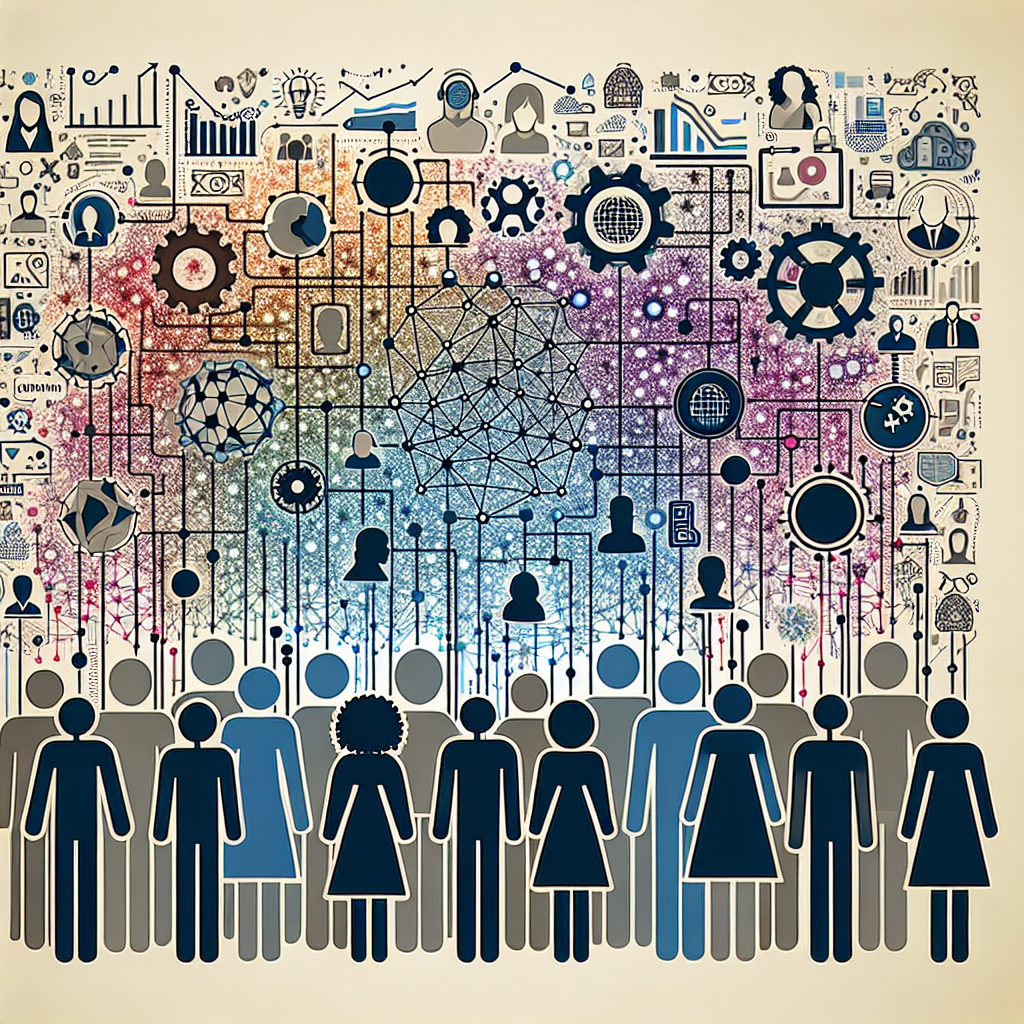In recent years, there has been a growing interest in the field of artificial general intelligence (AGI) and its potential implications for society and the economy. AGI refers to a type of artificial intelligence that can perform any intellectual task that a human can do. This includes reasoning, problem-solving, perception, and even creativity. While AGI is still largely theoretical at this point, many experts believe that it could have a profound impact on the way we live and work in the future.
Understanding the implications of AGI for society and the economy is crucial as we move towards a future where intelligent machines may play an increasingly significant role in our lives. In this article, we will explore some of the key ways in which AGI could impact society and the economy, as well as some frequently asked questions about this emerging technology.
Implications for Society:
1. Job Displacement: One of the most significant potential impacts of AGI is job displacement. As machines become increasingly capable of performing a wide range of tasks, there is a risk that many jobs currently performed by humans could be automated. This could lead to widespread unemployment and disruption in the labor market.
2. Income Inequality: The rise of AGI could also exacerbate income inequality, as those with the skills to work alongside intelligent machines may see their incomes rise, while those without these skills could see their job opportunities diminish. This could further polarize society and lead to social unrest.
3. Ethical and Legal Issues: AGI raises a host of ethical and legal issues that will need to be addressed as the technology develops. For example, who is responsible if an AGI system makes a mistake that results in harm to a human? How can we ensure that AGI systems are used in a way that is fair and equitable for all members of society?
4. Privacy and Security Concerns: AGI systems will have access to vast amounts of data about individuals and society as a whole. This raises concerns about privacy and security, as well as the potential for misuse of this data by malicious actors.
Implications for the Economy:
1. Increased Productivity: One of the potential benefits of AGI is increased productivity. Intelligent machines could perform tasks more quickly and efficiently than humans, leading to higher levels of output and economic growth.
2. New Business Models: AGI could also enable the development of new business models and industries that were previously not possible. For example, autonomous vehicles could revolutionize transportation, while intelligent robots could transform manufacturing processes.
3. Skills Gap: As AGI becomes more prevalent in the workforce, there may be a growing skills gap between those who are able to work alongside intelligent machines and those who are not. This could lead to a need for new training and education programs to ensure that workers are equipped to succeed in the digital economy.
4. Global Competition: The development of AGI is likely to be a highly competitive field, with countries and companies vying for a competitive edge in this emerging technology. This could lead to increased global competition and shifts in economic power dynamics.
FAQs:
Q: What is the difference between AGI and other types of artificial intelligence?
A: AGI refers to a type of artificial intelligence that can perform any intellectual task that a human can do, while other types of AI are more limited in scope and function. AGI is often considered to be the holy grail of artificial intelligence research.
Q: When will AGI become a reality?
A: It is difficult to predict when AGI will become a reality, as it is still largely theoretical at this point. Some experts believe that AGI could be achieved within the next few decades, while others believe that it may never be possible.
Q: What are some of the potential benefits of AGI?
A: Some of the potential benefits of AGI include increased productivity, new business opportunities, and advances in fields such as healthcare and transportation. AGI could also help us to solve complex problems that are currently beyond our capabilities.
Q: What are some of the risks associated with AGI?
A: Some of the risks associated with AGI include job displacement, income inequality, ethical and legal issues, and privacy and security concerns. AGI also raises concerns about the potential for misuse of the technology by malicious actors.
Overall, the implications of AGI for society and the economy are wide-ranging and complex. While the development of AGI has the potential to bring about significant benefits, it also poses a number of challenges that will need to be addressed as the technology continues to evolve. It is important for policymakers, businesses, and individuals to engage in a thoughtful and informed discussion about the potential impacts of AGI and how we can ensure that this technology is used in a way that benefits society as a whole.

